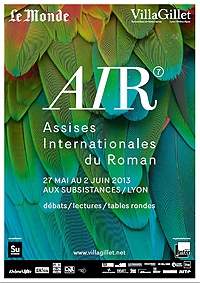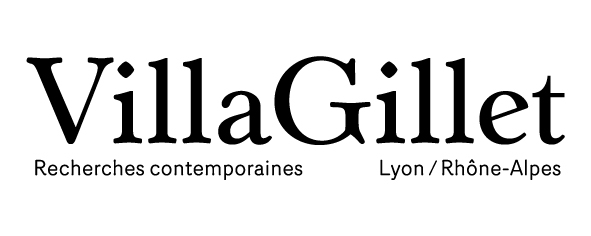Landscape (David Vann)
Born of earth, water, and air, light and shadow. I never have a plan or outline. I don’t know what I’ll write or what it will be about. I don’t know what the characters will do or say ahead of time or what the themes will be. But I focus on the landscape, and it becomes a kind of Rorschach drawing, a place for the unconscious to find shape and pattern and reveal itself. No water or air or land or quality of light can remain neutral. We can’t see the world but only ourselves. And so when the father in Sukkwan Island hikes around the island, the forest is his culpability and fear. When Irene runs through a forest in Desolations, the earth caves under her feet and the island feels top-heavy with rock and trees and feels as if it will turn over and reveal its slick underside to the sky. When Galen in Impurs finds a magnified, truer world submerged in a mountain stream or tries to find a seam left in the air when he throws an axe, he’s looking for the outlines of a self that keeps shifting and receding. What my characters want is to extend infinitely, to become gods, even as they recede into their most brutal, smallest selves, caught in tragedies that have gained a terrible momentum, out of control.
I love the rural, regional landscape tradition in the US, seen in William Faulkner, Toni Morrison, Annie Proulx, Cormac McCarthy, Flannery O’Connor, Marilyn Robinson, Elizabeth Bishop, and many others. These writers extend literal landscapes into figurative landscapes of the self, the felt wilderness within running parallel to the wilderness outside, and these places can only become infernos, the natural goal of all tragedy.
I come from a family with five suicides and a murder, and so of course I’m drawn to tragedy and an attempt to give outward shape to the hell in each of us, but what I find most remarkable about writing is its redemptive power, the fact that the Rorschach image provides comfort simply through recognition of pattern. In the end, we don’t care whether it’s dark or light but only that it’s coherent and has shape.
Pour citer cette ressource :
David Vann, Landscape (David Vann), La Clé des Langues [en ligne], Lyon, ENS de LYON/DGESCO (ISSN 2107-7029), avril 2014. Consulté le 16/02/2026. URL: https://cle.ens-lyon.fr/anglais/litterature/entretiens-et-textes-inedits/landscape-david-vann-



 Activer le mode zen
Activer le mode zen

